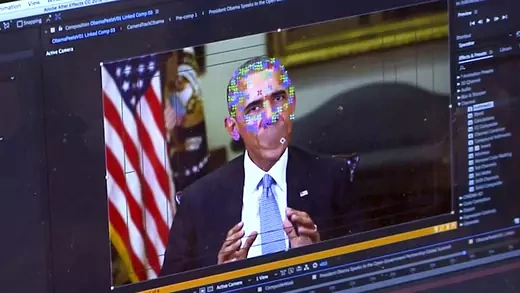- Iran
- Israel-Hamas
-
Topics
FeaturedIntroduction Over the last several decades, governments have collectively pledged to slow global warming. But despite intensified diplomacy, the world is already facing the consequences of climate…
-
Regions
FeaturedIntroduction Throughout its decades of independence, Myanmar has struggled with military rule, civil war, poor governance, and widespread poverty. A military coup in February 2021 dashed hopes for…
Backgrounder by Lindsay Maizland January 31, 2022
-
Explainers
FeaturedDuring the 2020 presidential campaign, Joe Biden promised that his administration would make a “historic effort” to reduce long-running racial inequities in health. Tobacco use—the leading cause of p…
Interactive by Olivia Angelino, Thomas J. Bollyky, Elle Ruggiero and Isabella Turilli February 1, 2023 Global Health Program
-
Research & Analysis
Featured
Terrorism and Counterterrorism
Violence around U.S. elections in 2024 could not only destabilize American democracy but also embolden autocrats across the world. Jacob Ware recommends that political leaders take steps to shore up civic trust and remove the opportunity for violence ahead of the 2024 election season.Contingency Planning Memorandum by Jacob Ware April 17, 2024 Center for Preventive Action
-
Communities
Featured
Webinar with Carolyn Kissane and Irina A. Faskianos April 12, 2023 Academic and Higher Education Webinars
-
Events
FeaturedJohn Kerry discusses his work as U.S. special presidential envoy for climate, the challenges the United States faces, and the Biden administration’s priorities as it continues to address climate chan…
Virtual Event with John F. Kerry and Michael Froman March 1, 2024
- Related Sites
- More
October 16, 2018
CybersecurityDeep fakes—highly realistic and difficult-to-detect depictions of real people doing or saying things they never said or did—are a profoundly serious problem for democratic governments and the world order. A combination of technology, education, and public policy can reduce their effectiveness.

September 8, 2022
HaitiImplementing the Global Fragility Act in Haiti necessitates a change in U.S. assumptions and actions, writes Susan D. Page. The United States should work alongside Haitians desirous of charting their…

October 21, 2022
COVID-19Every viral pandemic since 1900 has been the result of spillover from animals to humans. Public health systems should take the steps outlined by Jay Varma and Neil Vora to limit the potential for spi…
December 1, 2022
Climate ChangeClimate change has the potential to become the most significant threat to public health in the coming decades. Dr. Colin Carlson argues that new initiatives, including greater adaptation financing an…
June 15, 2015
Islamic StateThe use of social media and other Internet-enabled communications by the self-proclaimed Islamic State is pushing the United States and other democracies to react to the abuse of liberal freedoms by …

 Online Store
Online Store